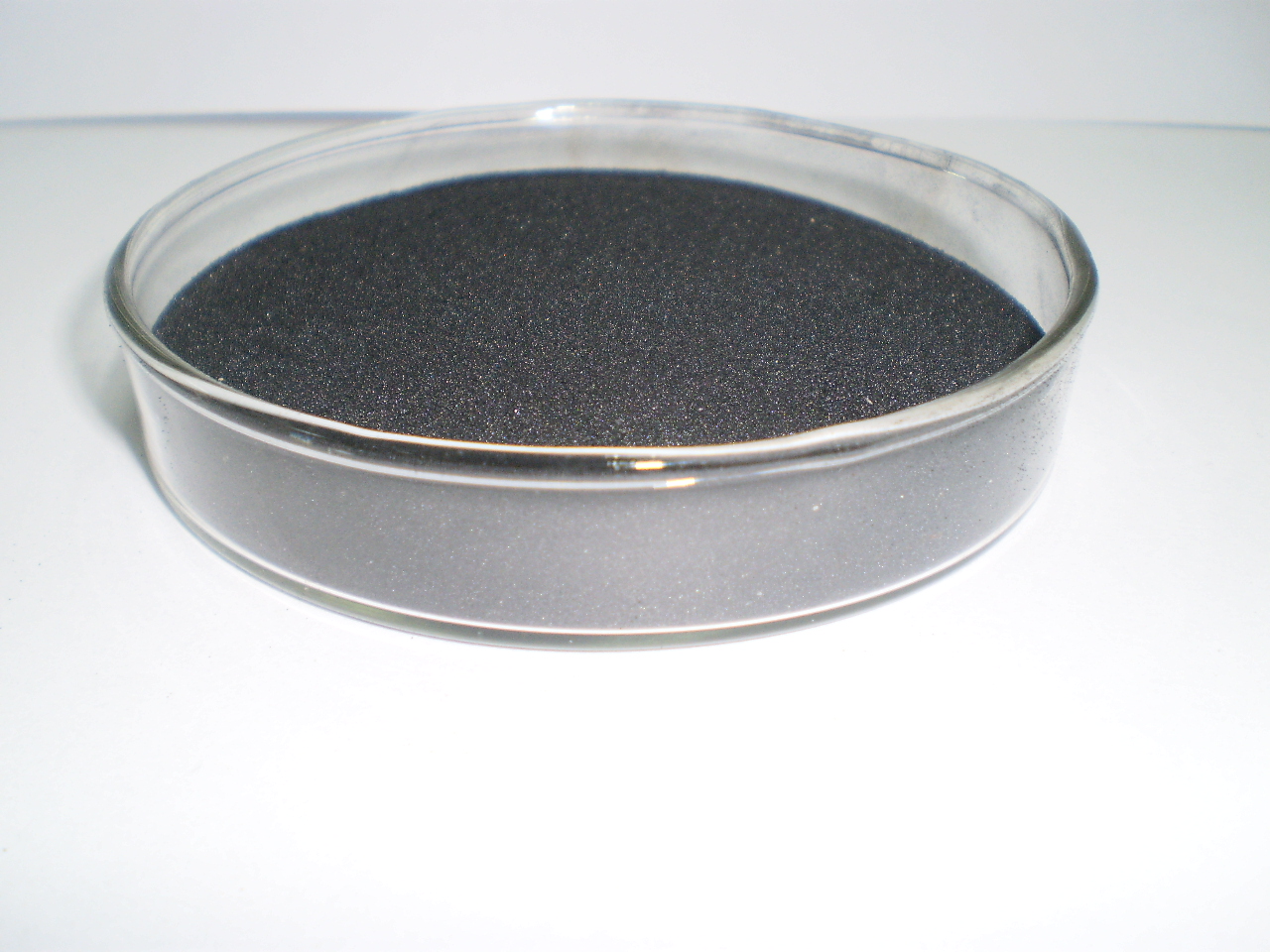Potassium humate is a short carbon chain molecular structure material extracted from pure natural humic acid. Potassium humate is a component of humic acid.
Humic acid is widely found in natural charcoal, lignite, weathered coal, etc. potassium humate can be prepared by extracting certain potassium humate and potassium oxide from humic acid.
Using biochemical techniques to extract fulvic acid from plants and then make potassium humate with potassium oxide.
Function to fertilizer
Chelation constants and micronutrients make it better for plant utilization; Control plant diseases and enhance mites; Promote plant microbiological activity; Slow release fertilizers, improve fertilizers and Pesticide utilization; Improve nutrient absorption, promote plant germination and growth; Accelerate sedimentation and decomposition, and improve soil structure.
Potassium humate is a pure natural mineral active potassium fertilizer. Potassium humate contains trace elements, rare earth elements, plant growth regulators, virus inhibitors and other nutrients to make nutrients more abundant and more reasonable.
Potassium humate can timely replenish nutrients lost in the soil, activate the soil, have vitality, reduce the disease caused by excessive absorption of nutrients in the soil, and replace the potassium sulfate or potassium chloride and potassium sulfate with the same content. Magnesium, but also natural and environmentally friendly.
Main effect to soil
Potassium humate can activate the squash soil, promote the physiological metabolism of various melons, fruits and vegetables and field crops, promote the development of roots and flourish stems and leaves.
Potassium humate can be applied, applied, chased, applied or chased by about 20-30 kg, which can save all kinds of fertilizers, and can make fruits and vegetables and various field crops mature for about 10 days in advance, increasing production by 20 %the above.
Improve soil aggregate structure, loosen soil, improve soil water retention and fertilizer retention capacity, adjust pH value, reduce heavy metal content in soil, and reduce salt ion damage to seeds and seedlings.
Second, nitrogen fixation, phosphorus dissolution, activation of potassium. Especially for the potash fertilizer, the synergy is particularly obvious, which plays a role in increasing roots and strengthening seedlings, resisting heavy mites, resisting diseases and improving crop quality.
Effect to plants
Strengthen the adhesion and rapid absorption capacity of plant roots, especially the physiological diseases caused by the lack of trace elements have obvious effects.
Scientifically combine new nutrition chains to fully balance plant needs. Biochemical humic acid potassium is not a pure molecular compound, but a heterogeneous composite macromolecular structure with an extremely complex mixture. Therefore, in addition to high content of fulvic acid, this product is also rich in almost all amino acids, nitrogen, phosphorus, potassium, various enzymes, sugars (oligosaccharides, fructose, etc.) proteins required for plant growth. Nutrients such as nucleic acids, humic acid and VC, VE and a large number of B vitamins are green biological fertilizers.










